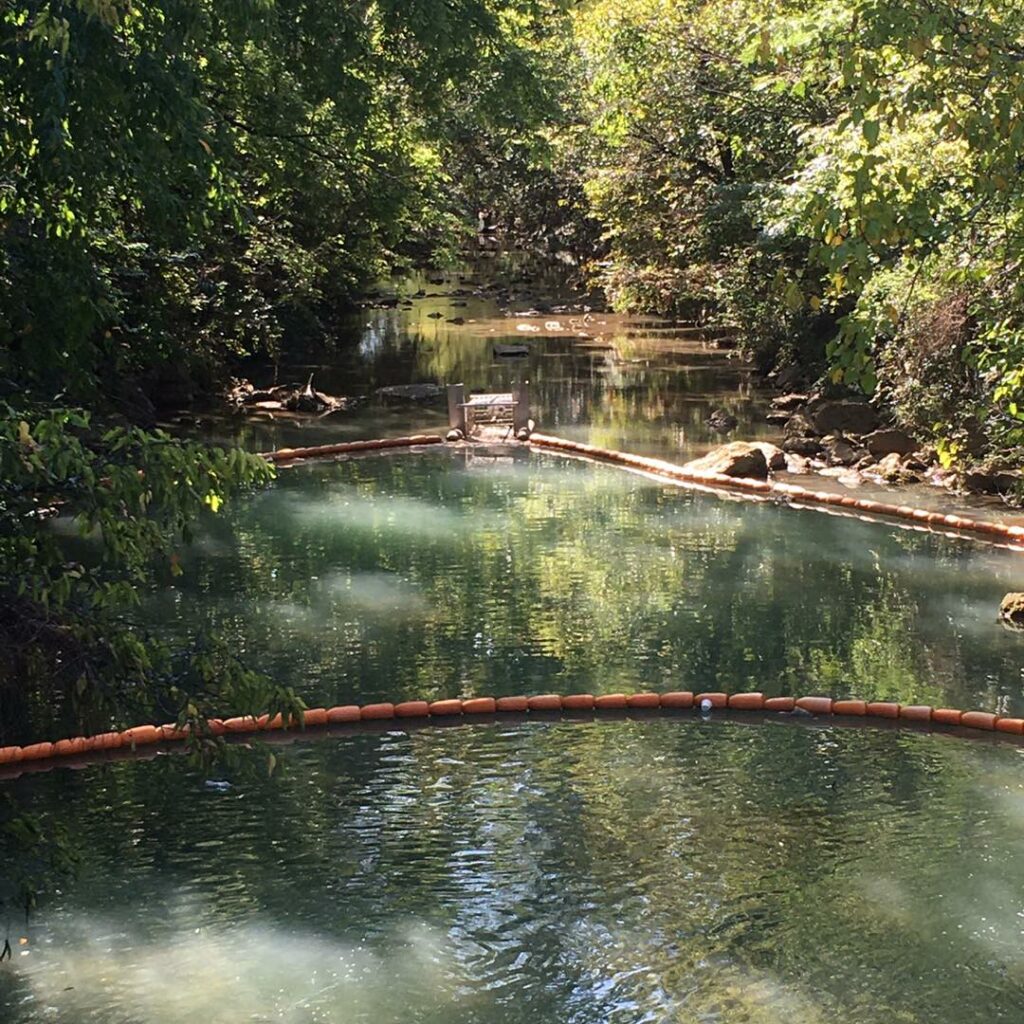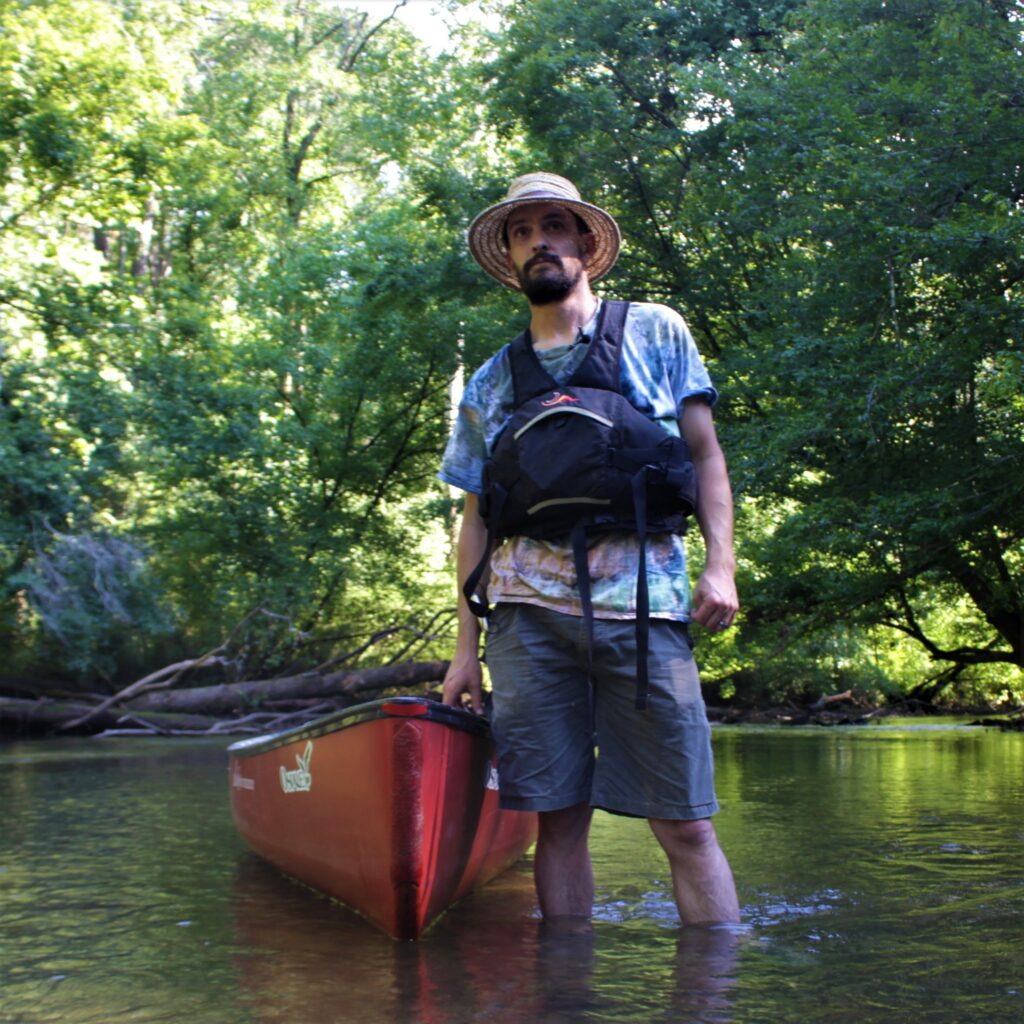
Cahaba Riverkeeper, headquartered in Birmingham and founded in 2009, protects the Cahaba River and its watershed in Alabama’s fastest growing region. The organization works to keep the river clean and healthy while preserving its beauty and recreational value. As urban development accelerates around the river, threats have multiplied: mud pollution clouds the water, riverbanks collapse, drought reduces water flow, harmful bacteria spread, invasive plants take hold, and forests and wildlife habitats disappear. The team studies the river system and shares what they learn with the public. They regularly check the water for bacteria and other contaminants. When they find someone breaking clean water laws, they first notify them and the authorities. If that doesn’t work, they take stronger steps, including legal action, to defend this unique natural resource that serves as an important drinking water supply and supports remarkable biodiversity.

Valley Creek “Litter Gitter.” Photo Credit: Advisory Council member James Lowery
Unlike other states, Alabama does little to protect its water. To fill that gap, Cahaba Riverkeeper patrols 190 miles of the Cahaba River, takes samples and analyzes them weekly. Since 2014, the group’s small staff, with help from AmeriCorp members and volunteers, have provided its summer Swim Guide showing weekly bacteria levels at 24 much-used river sites, to help people decide whether to swim, fish, or boat in those places. Their ongoing analyses also alert the group to sewage dumping, leaks, or other pollution of the Cahaba, which supplies drinking water to a million greater Birmingham residents. Cahaba Riverkeeper educates students about water quality. It has STEM programs in area schools, offers internships to college students, and works with the University of Alabama at Birmingham’s chemistry department, studying microplastics in the river. Its other partners include Waterkeepers Alabama, the national River Network, U.S. Fish and Wildlife Service, and the global Waterkeeper Alliance.

David Butler, Cahaba Riverkeeper and staff attorney. Photo courtesy of Cahaba Riverkeeper.